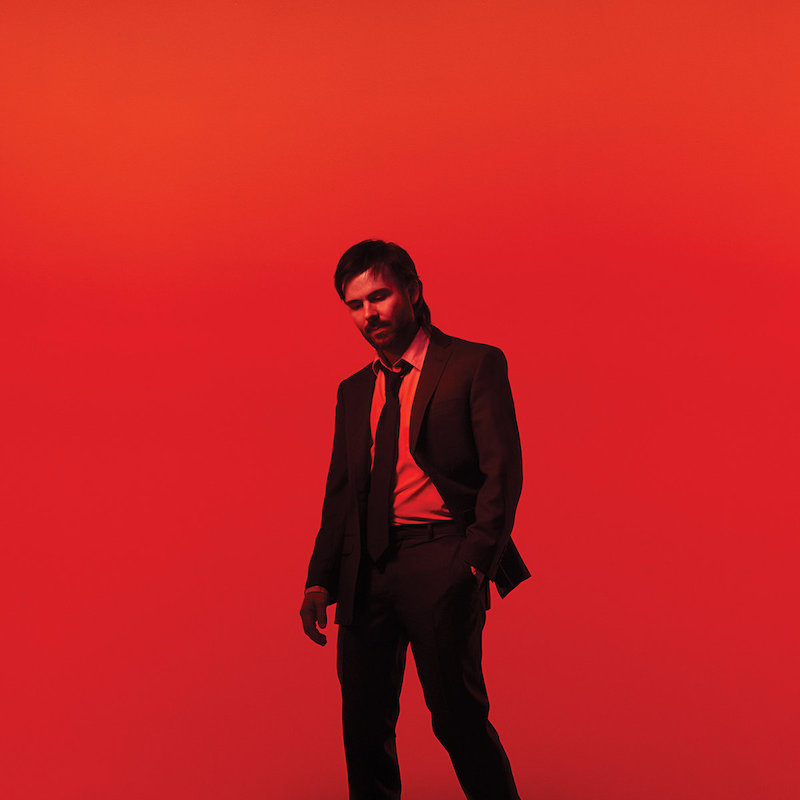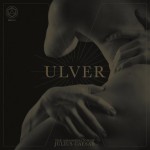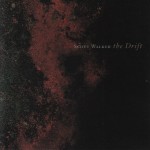Toby Driver : They Are the Shield

Toby Driver is best known for having been the main (and occasionally sole) songwriter for the groups maudlin of the Well and Kayo Dot, between which he has put out 12 albums in the past 20 years or so and countless others with additional groups he sometimes plays with. In fact, most might forget his solo debut, In the L..L..Library Loft, released in 2005, due to the staggering 12-year gap between it and his followup Madonnawhore. This is partly because, for fans of his two primary groups, it got swept up into the much-smaller body of work he had released at the time, having come out in a time of crisis for Kayo Dot as the group suffered a near-total member turnover. Those issues abated, however, and with Driver as the primary songwriter for that group, there was little reason to deliver a solo record at all.
They Are The Shield, his third solo record and second of avant-garde crooner ballads, functions as a conceptual sequel to Madonnawhore. Both are albums of avant-garde ballads, skewing far more traditional than, say, Scott Walker’s work for the past few decades which occupies a similar space, instead opting for the mellower end of Kayo Dot’s typical fusion of contemporary classical and chamber music, contemporary jazz and the timbres of goth rock. Both, incidentally, are also the first records to feature an image of Toby Driver on the cover, Madonnawhore being a closeup of his face against a blue field with They Are The Shield being a dramatized moody shot of him in a suit set against a red field, again intimating a kind of conceptual thread arcing between the two. But where its predecessor erred toward synths and treated guitars to set its somber tenor, Shield errs toward violins and piano.
The result is a record that shows Driver sinking even deeper toward a more traditional crooner ballad style. In a way, this is not a surprising turn; the truest avant-garde trait of his work in Kayo Dot has been fusion and juxtaposition of styles, but his sonic palette has largely been traditional, favoring chamber music, cool and modal jazz, and other similar forms. Where in Kayo Dot, Driver would inject these influences with a shot of synth pop, goth rock, death metal or industrial, his solo work sees him instead extracting those more quiet and traditionalist styles from their post-modernist context. The revelation is that Driver apparently does not need those framing contexts to write a compelling song, something that other genre-spanning artists often struggle with.
The songs on They Are The Shield are gorgeous and aching, playing out heartbroken torch songs sung by a sullen lounge singer leaning back against the piano of the rundown, once-glorious Vegas bar that is his haunt. There is a sense of mood and place to these songs, which nail the requisite forlorn sexiness this style is supposed to have but often misses. Crooner ballads, outside of the ’30s to ’50s when they were at their peak, often can feel chintzy and schmaltzy, not so much old-school as intensely dated and cliche. But Driver seems to have an awareness that, in their day, they were the moody whiskey-and-tobacco scented dangerous nighttime cool that we sometimes now associate with figures like Drake and The Weeknd. It is this original sensation that Driver taps into for his compositions and performances, one that he nails; these are moody songs to do terrible things to with someone you hate as much as someone you love.
Toby Driver is on a hot streak with these records of ballads. Madonnawhore was one of the best records of last year, one missed out by a great number of people, and They Are The Shield stands as its equal, knowing well what to change to provide a clear individual identity and what to retain that worked. It’s impossible to tell with a conceit so restrained whether there is more life to be had yet in this vein, but for dropping two records in just over a year in the same traditional style of music yet making them sound so vital, somatic, and emotionally enthralling, one is reminded why Driver has the massive esteem he does within the contemporary progressive and avant-garde music circles.
Similar Albums:
 Ulver – The Assassination of Julius Caesar
Ulver – The Assassination of Julius Caesar
 Circuit des Yeux – Reaching for Indigo
Circuit des Yeux – Reaching for Indigo
 Scott Walker – The Drift
Scott Walker – The Drift
Langdon Hickman is listening to progressive rock and death metal. He currently resides in Virginia with his partner and their two pets.

